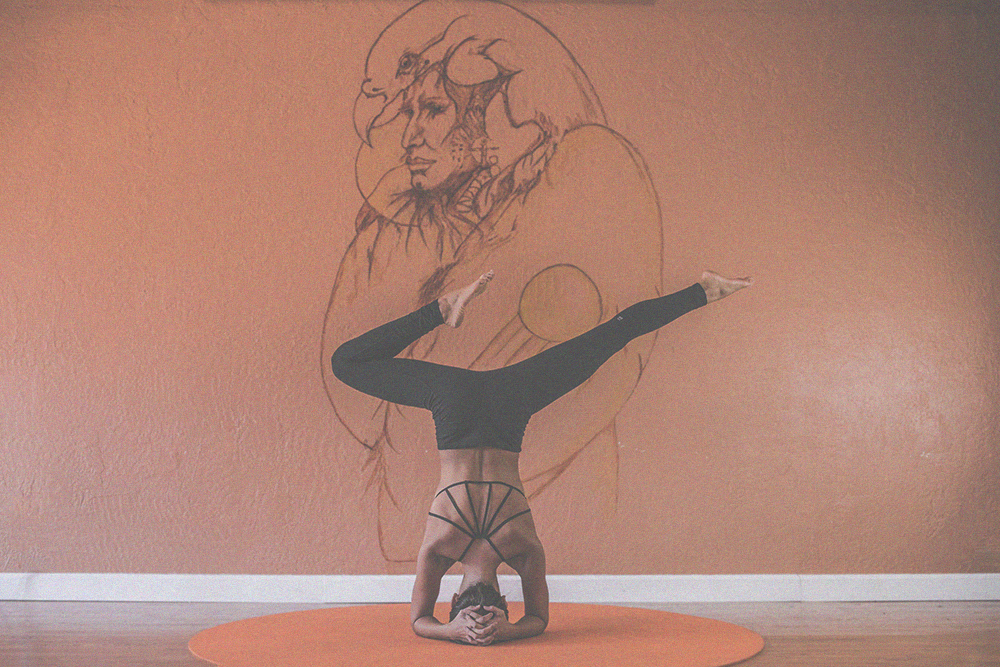For all the reasons that we should exercise, our happiness may just be the most important. Here’s how you can incorporate routine movement that stimulates both the body and mind.
BY: LINDSAY CHETELAT, RD, CDN
Nutrition and exercise go hand in hand; you cannot have one without the other to maintain good health. Most of the time when exercise is discussed, the usual rationale may sound like the following:
“It will help you lose weight.”
“Exercise helps reduce the risk of chronic diseases such as heart disease.”
“Taking a walk after dinner will improve your blood sugars.”
Each of these points are emphasized because it tries to help individuals understand the long-term health benefits of exercise. However, there is another major reason that is usually not mentioned:
Mental health.
Due to an unfortunate stigma, mental health is a component of our long-term health that is often neglected. In a similar fashion to which nutrition and exercise are intertwined, you cannot strengthen your long-term health without taking care of your mental well-being.
Health professionals are now making more efforts to bring mental health to the forefront when encouraging patients to exercise, and are recognizing that mental health exists on a spectrum that varies greatly in severity. Whether an individual has a stressful work or family life, or is formally diagnosed with a psychiatric condition, research has shown that exercise can improve mental health for just about everyone.
There are a variety of proposed theories about exercise and the brain. Ever heard of a “runner’s high?” Some researchers focus on these feel good chemicals released during exercise, including neurotransmitters and endorphins. Other studies have looked at the effect of exercise on specific parts of the brain that control and process emotions, mood, motivation, stress response, and memory.
What are some of the ways that exercise can improve mental well-being?
- Healthy distraction from your to-do list.
- Boosts self-esteem and self-efficacy.
- Improves sleep.
- Increases energy and stamina.
- Broadens social interaction.
- Relieves stress.
- Reduces anxiety, depression, and negative mood.
With so many different exercises available, ranging from the fitness novice all the way to the gym guru, it’s easier than ever to switch it up and not get bored.
The key is to have a plan and make yourself accountable. A few ways to do that are:
- Write on your calendar when you are going to work out and what exercises you will do.
- Set goals to keep yourself motivated.
- Grab a friend.
- Find ways to incorporate exercise into your work day. Consider taking the stairs instead of the elevator, walk instead of drive, get off the subway one stop early and walk to your destination.
And most importantly, start small. Don’t try to run a marathon when you haven’t run a day in your life. Walking for 10 minutes one day during that first week of starting to exercise is better than doing nothing at all (and it’s 10 more minutes of exercise than you were doing the previous week!).
You got this, get out there and get moving!
HEADER IMAGE: ARAI TASHER
Lindsay Chetelat, RD, CDN is a NYC-based Registered Dietitian focusing on empowering individuals to take care of their bodies. Her approach is rooted in helping others gain an appreciation for their bodies through the food they take in, and creating a mindset that transformation is about the progress one is willing to make in their journey, not quick diet fixes.


GREAT ARTICLE NEED MANY MORE LIKE THIS ONE. LOVE THE START SMALL. ONLY BAD WORKOUT IS THE ONE YOU DO NOT DO! 1440 MINUTES IN A DAY TAKE 30MINUTES TO EXERCISE!
We agree! It only takes a few small steps to add up to big change! 🙂